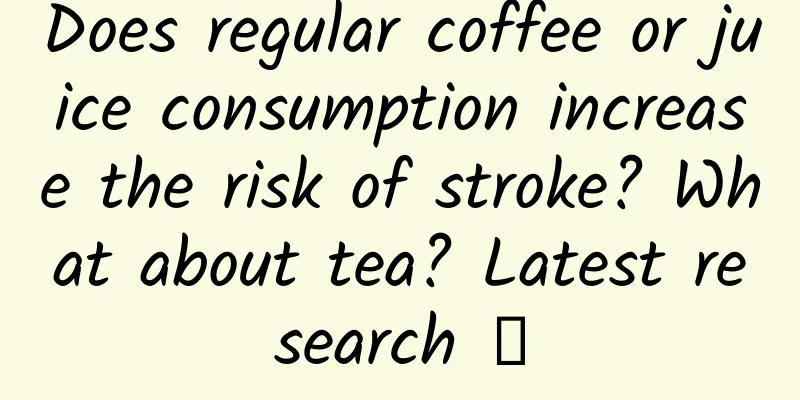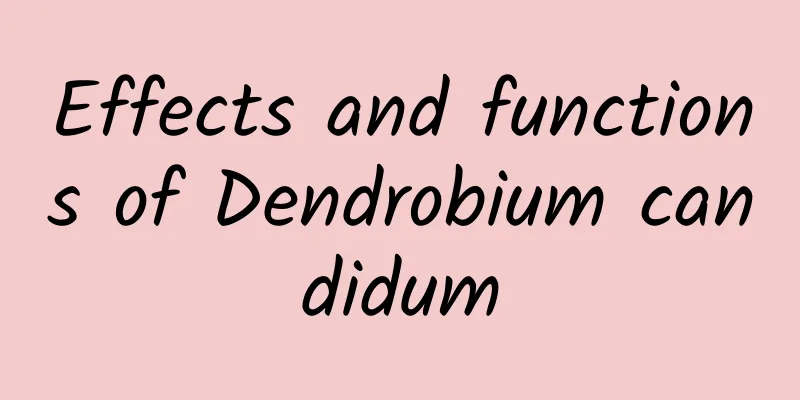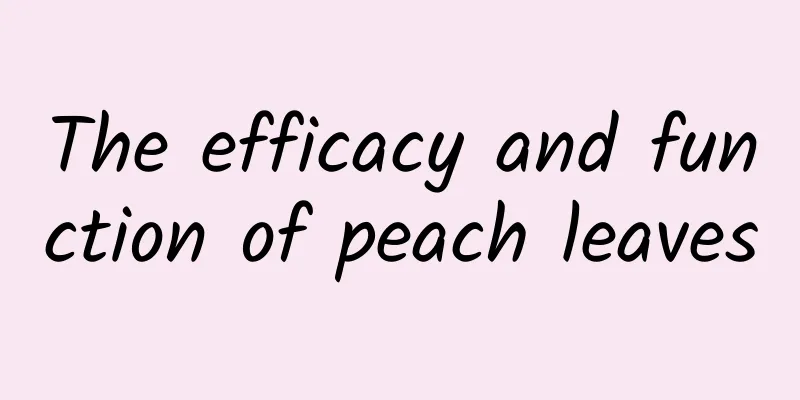Does regular coffee or juice consumption increase the risk of stroke? What about tea? Latest research →

|
Compiled by: Gong Zixin Stroke One of the leading causes of death and disability Modifying common risk factors is critical A global study has explored the various factors that contribute to stroke risk and found a series of key findings "While high blood pressure is the most important risk factor, we can also reduce our risk of stroke by making healthful dietary choices and engaging in physical activity." "As a physician and someone who studies stroke risk, I would encourage people to avoid or minimize their intake of carbonated and fruit drinks and consider drinking water instead," said lead researcher Andrew Smyth, professor of clinical epidemiology at University College Galway in Ireland. The recommendation is the result of a global study of stroke risk factors called INTERSTROKE, which involved nearly 27,000 people in 27 countries or regions, including more than 13,000 people experiencing a first stroke. The new study shows that carbonated drinks, including those with sugar or artificial sweeteners, are linked to a 22% increased risk of stroke, adding that the risk of stroke rises sharply for people who drink two or more of these drinks a day. The researchers note that many products marketed as juice are made from concentrate and contain preservatives and added sugars that may increase stroke risk. Studies have found that fruit juice drinks can increase the risk of hemorrhagic stroke by 37%. If you drink 2 or more cups of fruit juice a day, the risk of hemorrhagic stroke will increase by 2 times, and women are at the greatest risk of hemorrhagic stroke. Prevalence of juice/drinks, carbonated beverages, or both "Not all juices are created equal," Smyth said. "Freshly squeezed juice is most likely to offer benefits, but juice drinks made from concentrate, which contain high levels of added sugar and preservatives, may be harmful. "Our study suggests that the more frequently people drank carbonated drinks, the higher their chances of stroke." Earlier this year, INTERSTROKE published the results of a study on coffee and tea intake. Prevalence of tea and coffee consumption by region The study found that drinking a little coffee is OK, but the risk of stroke increased by 37% after the fourth cup. The news is better for tea drinkers - drinking 3 to 4 cups of black tea a day can reduce stroke risk by 29%, while the same amount of green tea can reduce stroke risk by 27%. But remember, don't drink milk. Studies show that milk may block the beneficial effects of the antioxidants in tea. Pay attention! When you are thirsty Select Water A large international study showed Drink 7 glasses of water a day |
<<: The magical "electronic nose" is here, you can "smell and identify tea" in two minutes! ?
>>: Comet Zijinshan-Atlas has a reverse tail? What's going on?
Recommend
What are the Chinese medicine remedies for Parkinson's disease?
Many elderly people suffer from Parkinson's d...
How to take the "special medicine" when you are infected with influenza B? 10 questions and 10 answers from pharmaceutical experts
Recently, influenza (hereinafter referred to as f...
The impact of Typhoon Trami continues! How to deal with the "hitting the bull from behind the mountain" type of rainfall?
Typhoon Trami weakened to a severe tropical storm...
The efficacy and function of Heterophyllum heterophyllum
The development of Western medicine has brought s...
Now that both black boxes have been found, can we recover the truth? Why isn't the data transmitted back to the ground in real time?
Experts in this article: Liu Yuxuan, Tianjin Fore...
AI draws quickly and well, so how does it draw?
Welcome to Science Popularization China’s special...
In order to accurately locate the position of flies in the house, he invented the rectangular coordinate system
Produced by: Science Popularization China Produce...
What are the medicinal values of Ula herb?
Ula grass is a plant that grows in the Northeast,...
The efficacy and function of sheep horns
Only when we understand the main ingredients of a...
The efficacy and function of black gland loosestrife
Most Chinese medicinal materials have good effect...
This thing is more "heartbreaking" for blood vessels than you are
In recent years, China has entered an aging socie...
Is there any scientific reason behind the saying “Drinking water in big gulps is the same as not drinking it at all”?
Have you ever heard of the view that "drinki...
The efficacy and function of drinking dried Houttuynia cordata in water
Houttuynia root is an aquatic flower. Most people...
The efficacy and function of cockroaches
As the pressure of modern life increases, more an...
Viburnum root effects and functions
Viburnum root is a traditional Chinese medicine. ...









